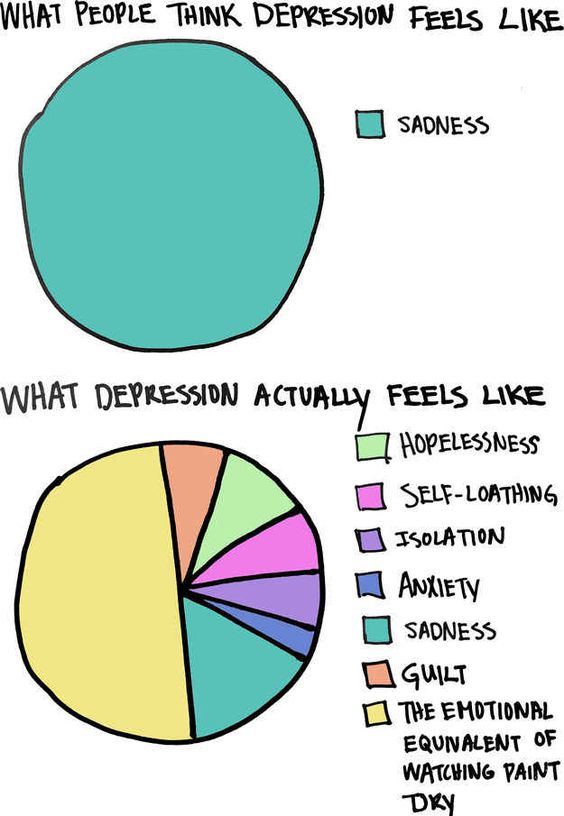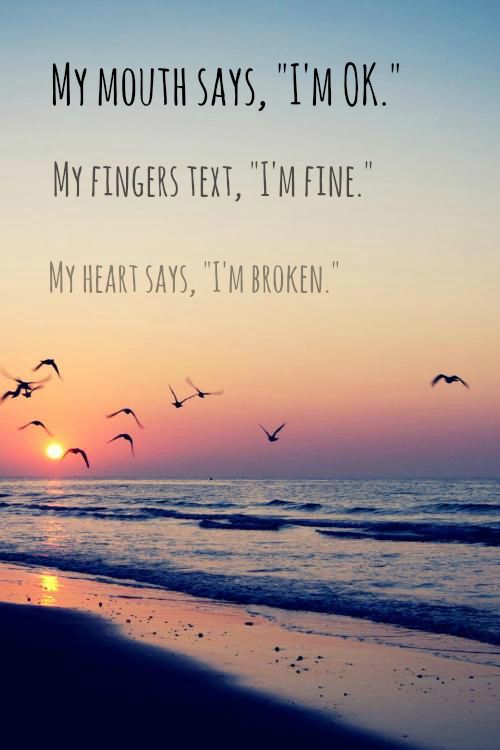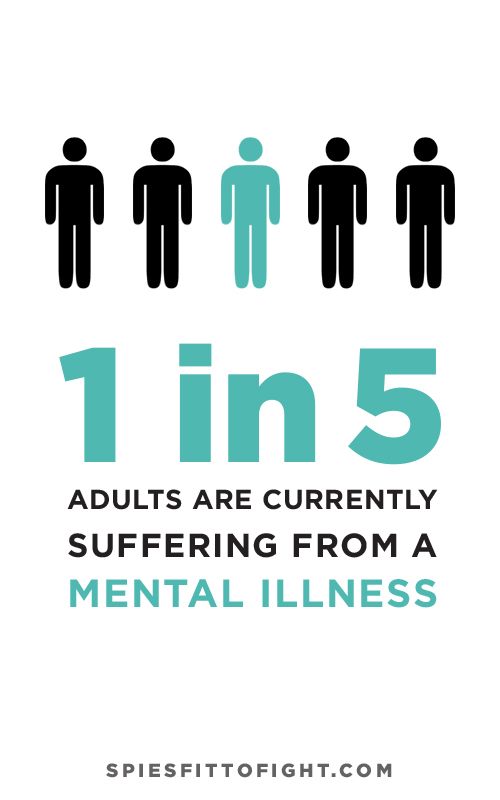While my blog usually takes a look at the more light hearted sides of parenting this post has a more serious message. In the second of my ‘Ask the Experts’ series I will looking at the subject of depression and where parents can go locally to seek support.
It’s not just relevant for depression sufferers but also for those people around them sharing advice on how you can best support partners or friends through their depression.
Ask the Expert: Dr Em, Local GP
This month’s ‘ask the expert’ feature is from Dr Em*, who is an experienced practicing local GP. Here she shares her expertise from her experiences of dealing with parents who have depression.

“My baby didn’t sleep. Chronic lack of sleep was like a form of torture. Depression and anxiety crept into my life until they almost fully consumed me. Waking each morning not wanting to open my eyes. A heavy, leaden feeling in my chest, rather as when someone you love dearly has died; but no one has – except, perhaps, me. I felt acutely alone and emotionally cutoff from my friends and family, like viewing the world through a sheet of plate glass. I was i rritable, angry and tired most of the time…”
I’m quoting a friend who has ‘come out’ regarding her postnatal depression. Sadly the stigma of mental illness makes it so hard to admit to yourself and others as well. Largely, it has to be said, people cope by keeping quiet about it.
Harrogate recently scooped the prize for the happiest place to live for the third year running, but not everyone is happy. This post is designed to try and raise awareness and encourage understanding of depression.
There is no single cause of depression. You can develop it for different reasons and it has many different triggers. For some, this may be a stressful life event such as bereavement, divorce, illness or money worries. The cause of postnatal depression isn’t completely clear; the sleep debt and hormonal changes as well as the huge life-changing effect of having a baby may play a role. Looking after a small baby can be stressful and exhausting!
Too many people play the fake-game, don’t they? Perfect life on social media. Perfect hair and smiles at the school gate, but real life (in all its guises, work,relationships,children) isn’t perfect.
It seems people are often very quick to dismiss depression as a minor, trivial concern. After all, everyone gets depressed now and again, don’t they? Doesn’t everyone feel miserable at times? It can be hard to empathise with such unattractive traits as bad temper and apathy, and I can completely understand how a nonsufferer would find it difficult to grasp what it’s really like to have a mental illness;
BUT it really is unhelpful to suggest “stop worrying”, “chill out”, or “what you need is some endorphins, try doing some exercise”. It’s easy to think that mental illness is a choice. There’s this great belief that we control our mind and it doesn’t control us. But if I broke my leg, nobody would expect me to use my mind to overcome the breaks in my bones.

‘Real’ depression, the clinical condition (a genuine debilitating mood disorder) is categorically not something you can snap out of or overcome with willpower alone.
I love the analogy Dean Burnett makes in The Guardian article (12 August 2014 Robin Williams’s death: a reminder that suicide and depression are not selfish);
“Dismissing the concerns of a genuine depression sufferer on the grounds that you’ve been miserable and got over it, is like dismissing the issues faced by someone who’s had to have their arm amputated because you once had a paper cut and it didn’t bother you.”
At one end of the spectrum, there is mild clinical depression which could last for weeks or months, but which still allows you to live a fairly ‘normal’ life, going to work and coping with daytoday activities. Not stopping you leading your normal life, but making everything harder to do and seemingly less worthwhile.
At the other end, severe clinical depression can virtually paralyse you, keeping you a prisoner in your own home and carrying a high risk of suicide.
Perhaps the most important thing you can do is admit you may have a problem and talk to someone about how you’re feeling. Why not see your GP.

Treatment is effective it may include a combination of talking therapies and selfhelp and/or medication.
Useful links:
- MINOS (Mums in Need of Support) group A friendly and informal local Harrogate group for Mums with babies under 2.5years old who need a little extra emotional support. To refer yourself or for more information call JUST’B’ on 01423 856790.
- Regular exercise can boost your mood if you have depression, and it’s especially useful for people with mild to moderate depression. Any type of exercise is useful, as long as it suits you and you do enough of it! Even a 15minute walk can clear your mind and help you relax.If you haven’t exercised for a long time or are concerned about the effects of exercise on your body or health, ask your GP about exercise on prescription:
- Take a look at www.nhs.uk/Moodzone; links also include a Depression self assessment tool, information on Postnatal depression as well as stress,anxiety and depression.
- Mindfulness is a tool aiming to help us enjoy life more and understand ourselves better. There are various online resources (including this from the nhs).
- The Samaritans operates a service 24 hours a day, 365 days a year, for people who want to talk in confidence. Call 08457 90 90 90
- Information & Support (including advice for friends and relatives) from Mind Feelings of hopelessness, helplessness and worthlessness are a major part of depression. This can mean someone avoids their friends and relatives, rather than asking for help or support. However, this is a time when they need your help and support most.
–
I hope you’ve found that of use, it’s great to know there are some really locally services who can offer support as well as national organisations. As Dr Em says, visiting your GP is always a great start.
Let me know if there are any other experts you’d like me to feature on the blog for next time or other topics you’d like to see discussed here.




How well written after years of living with depression and painting on my face I now stand up and say Im having a bad day. People need to stop judging people with depression it is a real illness. Often people won’t ask for help because they fear the judgement. Well done for writing about it xxx
Ahh, thanks for taking the time to leave a comment Sarah. You’re completely right, there’s a lot of judgement around depression which is totally crazy in today’s world! I hope others are able to take your approach and look for help without fear of judgement. Thanks again for commenting and sharing your experiences.